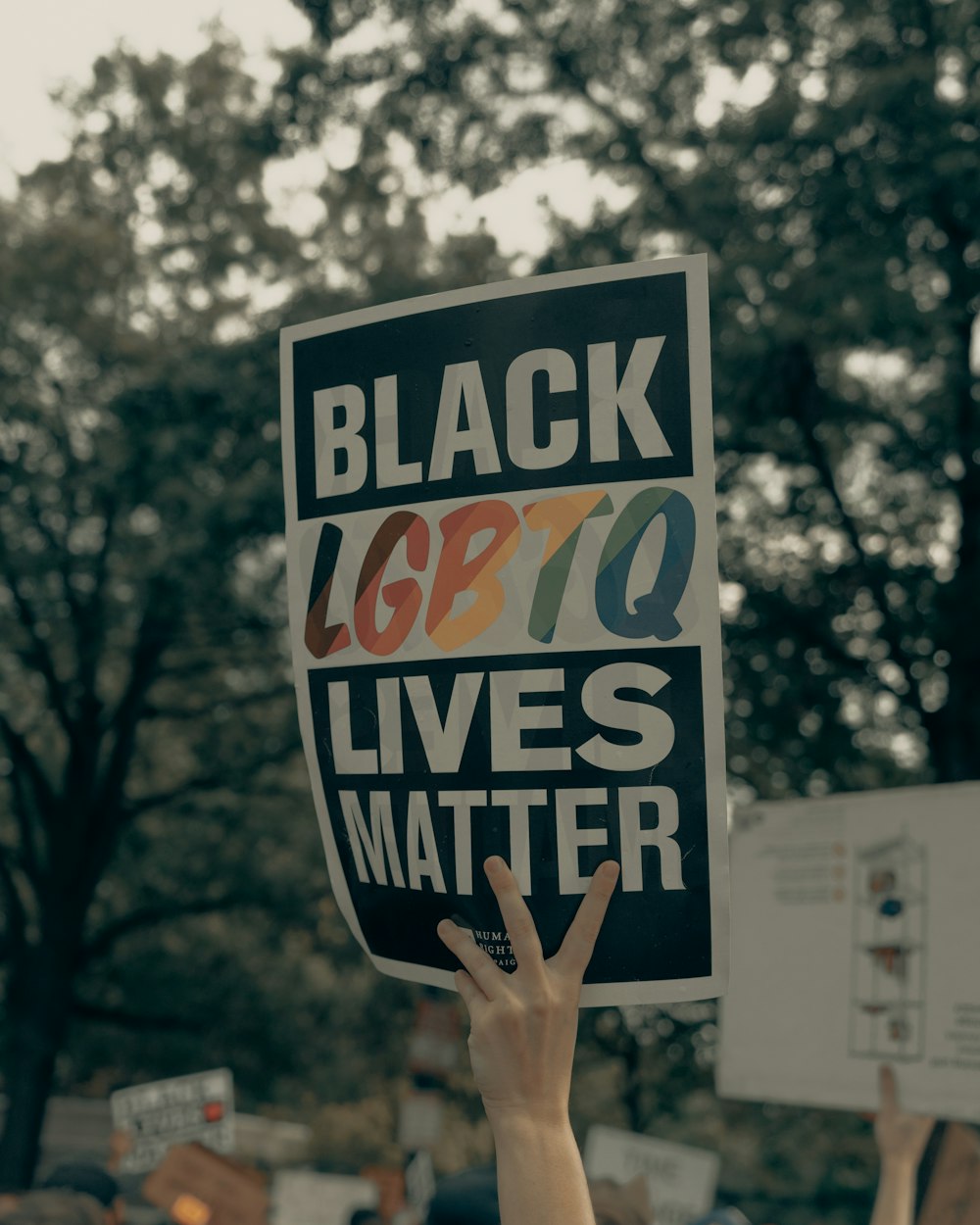
Black People Are Individuals – Stop Lumping Us Together
At the height of the Black Lives Matter movement last year, people of different races, countries and social identities were showing their support for the black community. Whether it was genuine, or they were just jumping on the bandwagon to not look bad, awareness was spreading about the societal issues that plague the black community due to both direct and institutional racism.
This was all great, but the trendy period of addressing anti-black racism exposed some other issues when it comes to how black people are perceived by non-black people. At one point, non-black people started making pretty basic social media posts to prove that they support BLM (i.e., out of context MLK quotes), which is fine, I guess. However, I started noticing that they would sometimes tag random people in their posts.
It wasn’t until people I personally knew started making, creating, and tagging me in these posts that I realized what they were doing: they were tagging all of the black people they knew. Yes, all 2 and a half black people they knew.
I was tagged in 3 Black Lives Matter posts that had nothing to do with me along with other black people that I didn’t know. I hadn’t talked to one of these posters in over 2 years, and none of the people who tagged me have ever had a conversation with me about my blackness.
Here’s the hard truth for those of you who haven’t come to this realization: if your goal is to spread awareness, tagging me, a black person, in your black square on Instagram adds nothing to the solidarity that you’re trying to demonstrate. I’m already aware. Plus, this isn’t a photo of me. You may have good intentions, but you’re also seeking attention and validation. This goes for any social issue you want to show your support for.
In another instance, a member of upper management in my company, who has dozens of employees around the world working under her and still mispronounces my name, attempted to set up a single meeting with all 4 of her black employees–each of whom were in a different country and had no clue of each other’s existence–to discuss “everything that’s going on in the world right now.” I politely declined the meeting and I’m not sure how it went, or if it even happened.
(All of this brings me back to the days when I was one of the only black kids in school, and expected to become best friends with any new black student who joined my class. I would end up feeling like a horrible person when I didn’t immediately hit it off with a new student who just landed from Congo and barely spoke English.)
Being tagged in random posts and invited to meetings with black mystery coworkers didn’t make me feel more seen or understood. In fact, it made me feel like less of a person. If these people genuinely cared, why wouldn’t they reach out to me personally to see how I was doing, ask about my experiences and express their support?
I’m not saying that black people around the world should not be working together to combat anti-black racism. I’m the biggest advocate for black unity and the use of our collective identity. I think that the lack of unity is one of the largest problems within our community. But that’s the black community’s business and our responsibility to figure out.
All black people experience life and, consequently, racism different. This should go without saying, but we come from different backgrounds, we have different interests, and are in different tax brackets. Some of us don’t even like each other.
As a non-black person, don’t lump me, a second generation Haitian-Canadian from Alberta, with your other black friend from Kenya who you met on an exchange in Amsterdam and who comes from a wealthy family. We have different experiences and probably little in common.

As an ally to the black community, you should strive to understand the basic problems in our societal structure that aim to keep black people oppressed, but you should still continue to view the black people in your lives as individuals who go through their own personal struggles.
You’re truly not doing anything when you set up a meeting with your black employees to ensure that them that you are watching the news, and you’re especially not doing anything when you tag your friend in a post for your followers to see that you have black friends. There’s no quick fix to anti-black racism or a one-size-fits all method to help the black people in your life with their pain and healing.
Treat the black people in your life as individuals. Understand the larger system in place that oppresses the black community and seek to learn about the individual experiences of your black friends and colleagues. When you do this, you’ll end up learning about black culture and discovering different courses of action you can take to help dismantle the systems of oppression embedded in our society.



